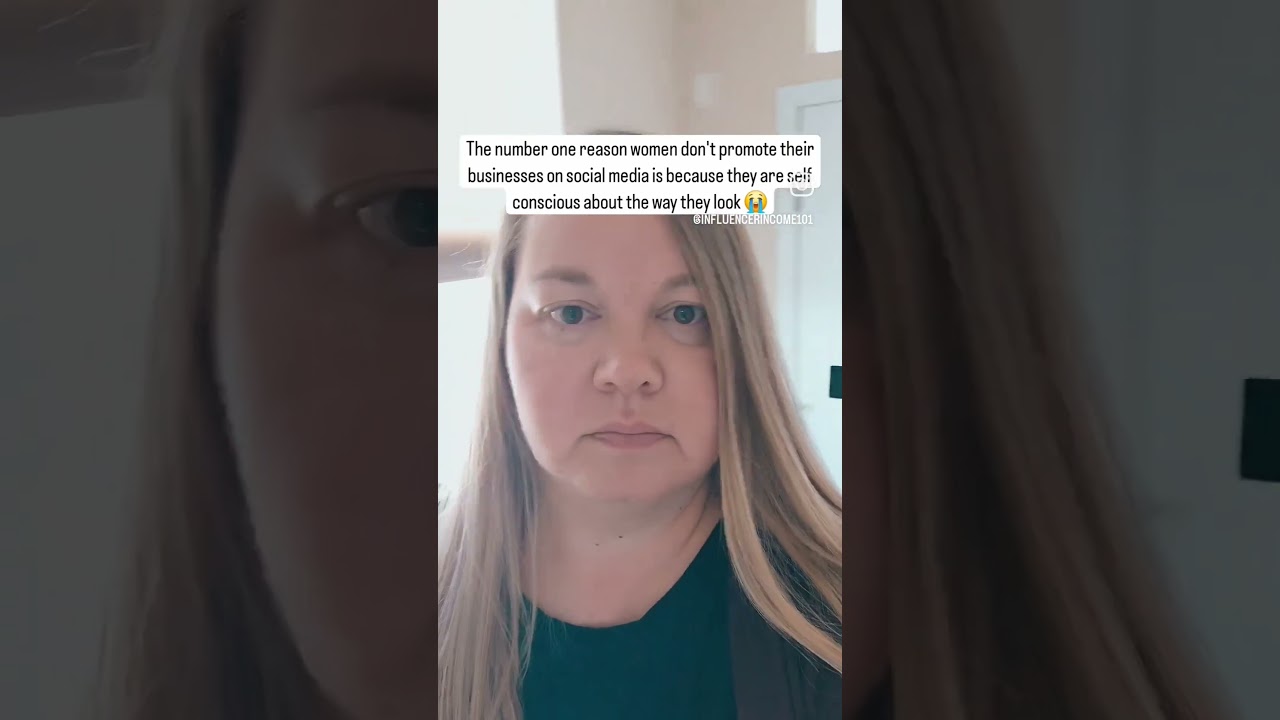Welcome to our blog post where we delve into the intriguing topic of gaslighting. Have you ever questioned whether you might be a gaslighter yourself? In this engaging read, we’ll explore the signs and patterns of gaslighting behavior. So, fasten your seatbelt and get ready to embark on a journey of self-reflection. Whether you’re simply curious or seeking personal growth, this piece is for you. Let’s shine a light on the concept of gaslighting and unravel the complexities behind it. #shorts #gaslighting #gaslighter
Are YOU a Gaslighter? #shorts #gaslighting #gaslighter
Introduction
Gaslighting is a form of emotional abuse in which one person manipulates another person’s perception, memory, and sanity. It is a deeply harmful and damaging behavior that can leave its victims feeling confused, doubting their own reality, and questioning their own sanity. Gaslighting is often done subtly and gradually, making it difficult for the victim to recognize what is happening and seek help. In this article, we will explore the signs of gaslighting, how to recognize it, and how to deal with it effectively.
Recognizing Gaslighting
Gaslighting is a method used by manipulative people to exert control over their victims. They deny things that the victim knows to be true, minimize their experiences, and twist words to make the victim doubt themselves. Here are some common signs of gaslighting:
-
Denial of your reality: A gaslighter will outright deny things that you know to be true or facts that have happened. They may say things like, “You’re imagining things” or “That never happened.”
-
Minimizing your experiences: Gaslighters often downplay or minimize the feelings and experiences of their victims. They might say things like, “You’re overreacting” or “It’s not a big deal.”
-
Twisting your words: Gaslighters are skilled at twisting your words to make you doubt your own thoughts and feelings. They will misconstrue your words, take things out of context, or twist them to fit their narrative.
-
Blaming and deflecting: Gaslighters are experts at shifting the blame onto the victim. They may divert attention away from their own actions by accusing the victim of being too sensitive or irrational.
Dealing with Gaslighters
If you suspect that you are being gaslighted, here are some steps you can take to protect yourself:
-
Trust your instincts: If something feels off or doesn’t align with your own reality, trust your instincts. Gaslighters thrive on making you doubt yourself, so it’s important to trust your own judgment.
-
Seek support: Reach out to someone you trust, such as a close friend or family member, and share your concerns. Having a support system can provide validation and help you see things more clearly.
-
Set boundaries: Establish clear boundaries and communicate them assertively. Let the gaslighter know what behaviors are not acceptable to you and stick to your boundaries.
-
Document incidents: Keep a record of incidents where gaslighting occurs. This can be helpful if you decide to seek professional help or take legal action.
-
Seek professional help: If gaslighting is having a severe impact on your mental health, consider seeking the help of a therapist or counselor experienced in abuse and trauma. They can provide the necessary support and guidance to navigate through this difficult situation.
Conclusion
Gaslighting is a destructive form of emotional abuse that can cause serious harm to its victims. Recognizing the signs of gaslighting is vital in protecting oneself and seeking the necessary support to break free from its grip. Remember to trust your instincts, seek support, set boundaries, document incidents, and consider professional help if needed. Together, we can create a world free from gaslighting and empower individuals to reclaim their truth.
FAQs After The Conclusion
-
What are some long-term effects of gaslighting?
Gaslighting can have severe long-term effects on a person’s mental health. It can lead to anxiety, depression, low self-esteem, and even post-traumatic stress disorder (PTSD). -
Can gaslighting occur in various relationships?
Yes, gaslighting can occur in any type of relationship, whether it’s romantic, familial, or professional. -
How can I regain my self-confidence after being gaslighted?
Regaining self-confidence after gaslighting can be challenging, but it is possible. Seek therapy, practice self-care, surround yourself with supportive people, and focus on rebuilding your self-esteem. -
Is it possible to change a gaslighter’s behavior?
Changing a gaslighter’s behavior is extremely difficult since their actions stem from a desire for control. It’s important to prioritize your own well-being and safety rather than attempting to change them. -
Can gaslighting lead to physical abuse?
Gaslighting can potentially escalate to physical abuse in some cases. It is crucial to address gaslighting behaviors early on and seek help to prevent any further harm.
Note: This article is for informational purposes only. If you are experiencing gaslighting or any form of abuse, it is important to reach out to professionals or helplines specializing in domestic abuse for support and guidance.











